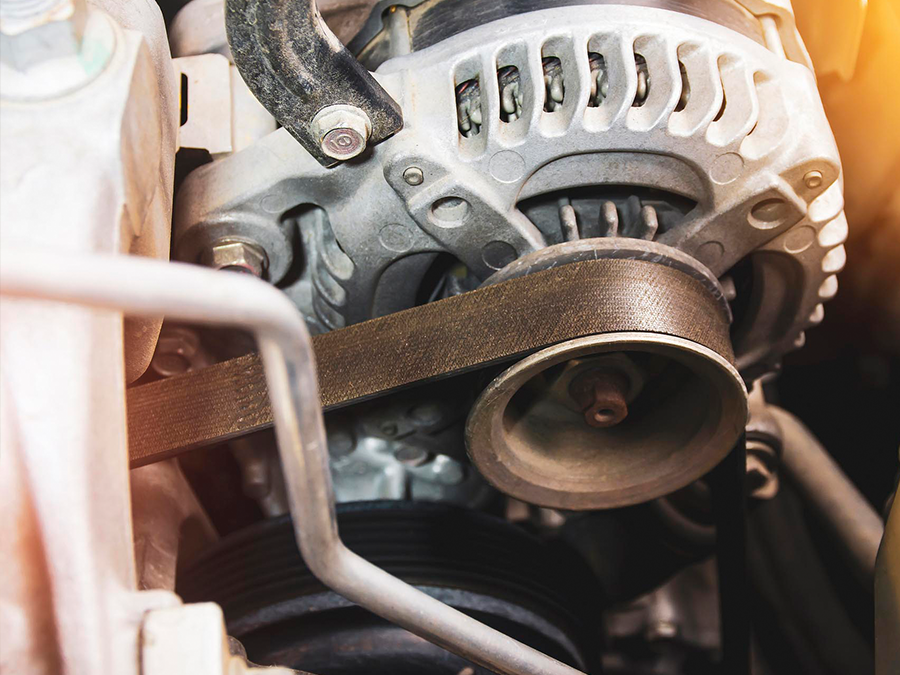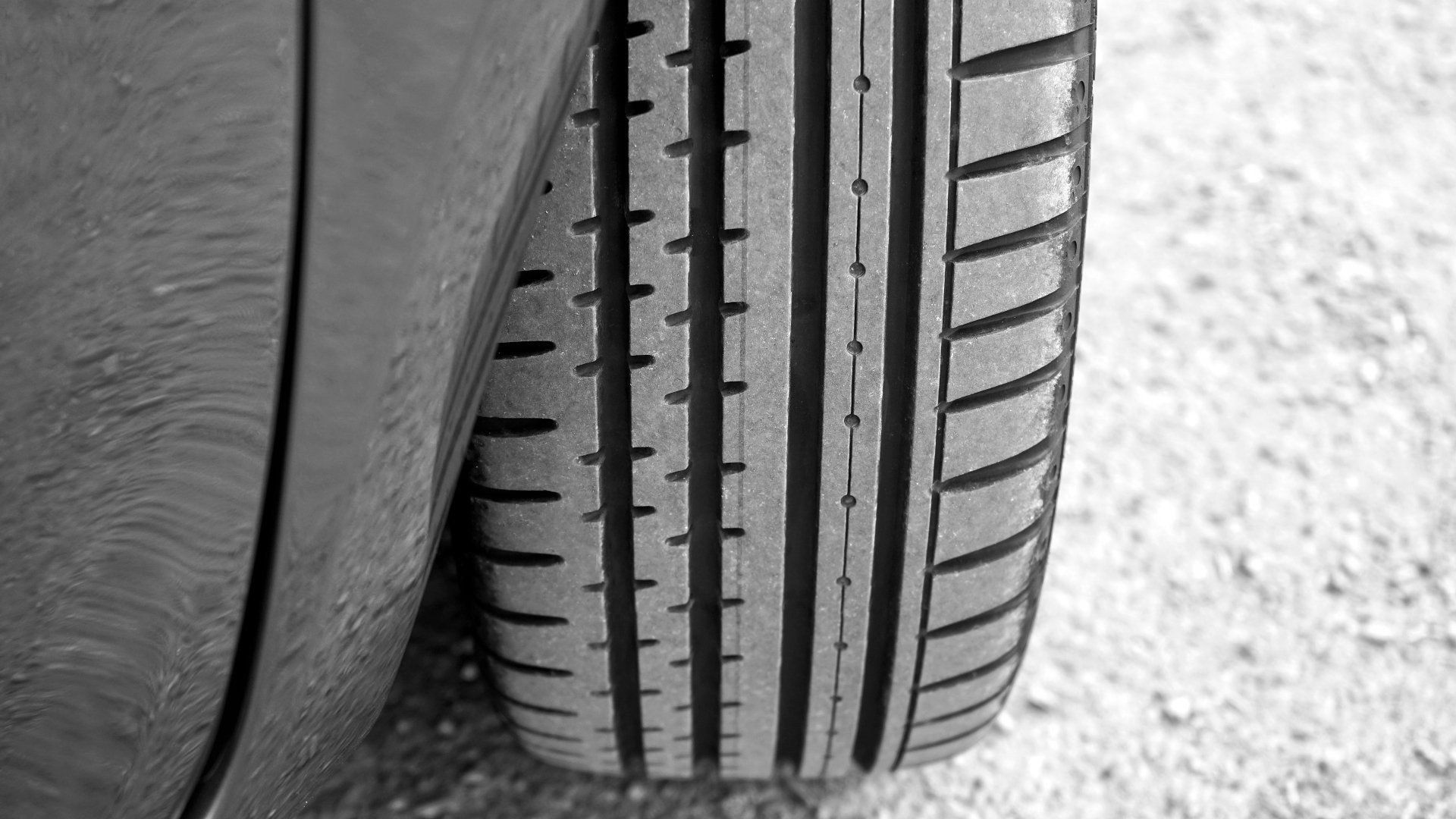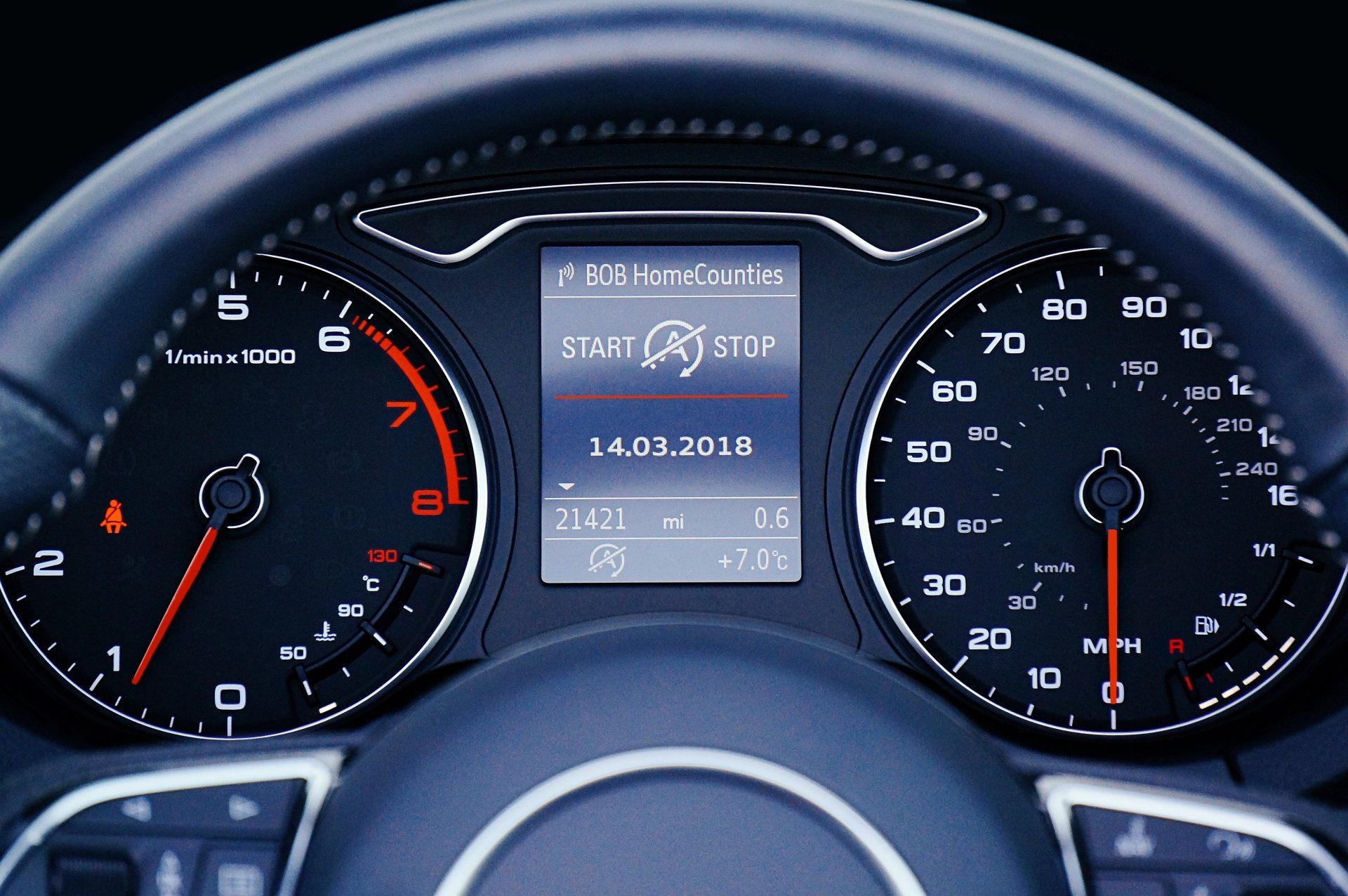by LakeSide Tire & Auto
•
8 March 2024
Whether you're on a road trip or just commuting to work, a blowout can be dangerous, costly, and downright scary. However, with some proactive measures such as tire maintenance, you can significantly reduce the risk of experiencing a tire blowout. At Lake Tire & Auto, we provide expert tire care in the greater Kresgeville, PA area. Here’s a look at four ways to help prevent tire blowouts. Routine Tire Inspections Just like any other part of your vehicle, tires need regular check-ups. Make it a habit to inspect your tires at least once a month for signs of wear and tear. Look for cracks, bulges, or any objects lodged in the tread. Don't forget to check tire pressure as well—underinflated tires are more prone to blowouts. Also, basic maintenance such as tire rotation should be completed on schedule to help prevent blowouts from occurring. Maintain Proper Tire Pressure Proper tire pressure is an important step in preventing blowouts. Familiarize yourself with your vehicle's recommended tire pressure and make sure your tires match those specifications. Remember that tire pressure can fluctuate with temperature changes, so check it regularly, especially before long drives. Avoid Overloading Every vehicle has a maximum load capacity. Overloading your vehicle puts excessive stress on the tires, increasing the risk of a blowout. Before loading up for a road trip or hauling heavy cargo, check your vehicle's load capacity and make sure you're not exceeding it. Distribute the weight evenly and consider using a trailer for extra cargo to reduce strain. Replace Old Tires Even with proper maintenance, tires don't last forever. As they age, the rubber deteriorates, making them more susceptible to blowouts. Keep track of your tires' age and mileage, and replace them as needed. Generally, you’ll want to start looking for new tires when your tread reaches 4/32”. And most experts recommend replacing tires every six years or so, even if there is plenty of tread left. Tire Sales & Service in Kresgeville, PA If you need new tires or tire repair in Kresgeville and the surrounding area, contact Lakeside Tire & Auto at (610) 681-7262. At our nearby auto shop, we can expertly handle your vehicle’s repair and maintenance needs. Feel free to give us a call today to make an appointment!





